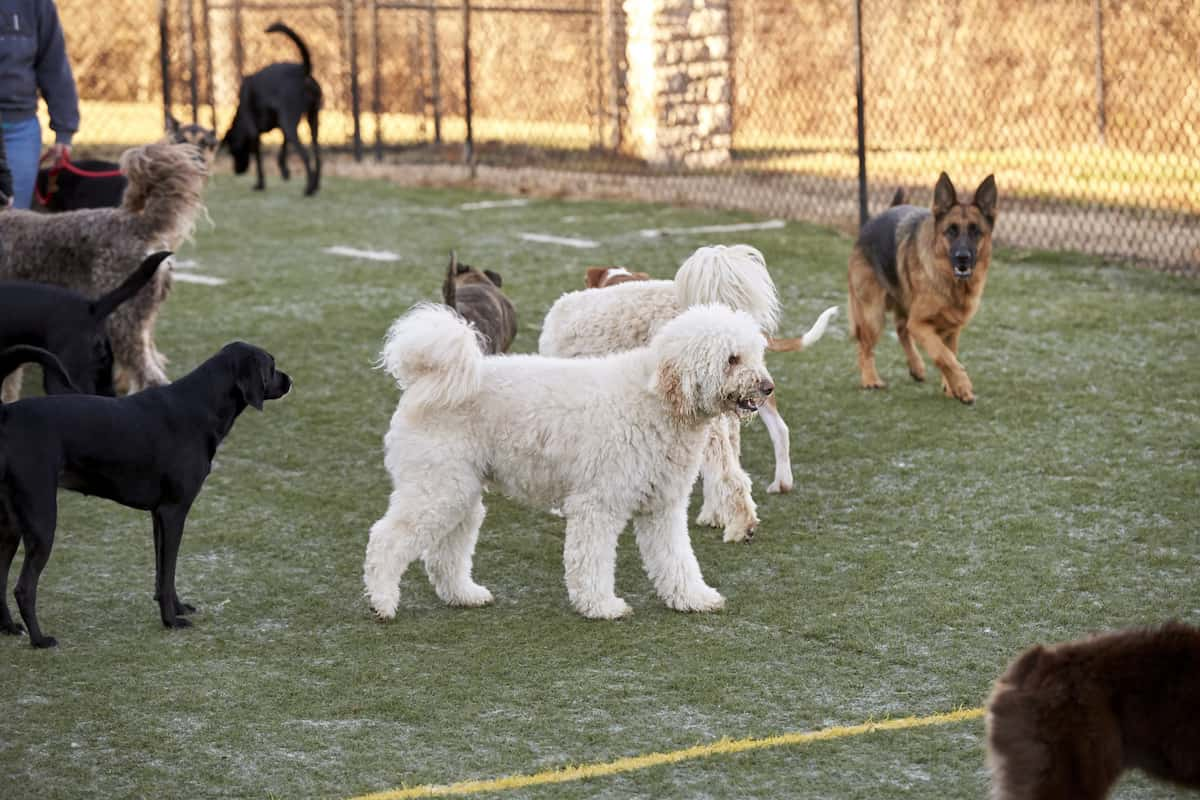Surgery
What the Lowest Cost Surgery Won’t Give You and Your Pet
At Shoal Creek Animal Hospital, we know that affordability for surgical and dental procedures is important. We try to make our estimates as cost-effective as possible, but we will not sacrifice the safety of our patients just to bring down the price.
Procedures requiring anesthesia, be it surgery or a dental prophylaxis, are performed regularly in most veterinary hospitals; but just because they are done often does not mean they should be considered routine (including spays and neuters). Any anesthetic procedure has a level of inherent risk, and minimizing those risks is important for the health and safety of your pet. After all, many people know someone who lost a pet during a “routine” dental cleaning, and these deaths are frequently caused by preventable problems.
Differences in costs between veterinary hospitals often come down to differences in what is “standard practice” for that hospital. Cost differences that may be involved include:
- What pre-anesthetic precautions are taken
- What anesthetic agents and pain medications are used
- The level of sterility of the surgical suite and staff
- What type or method of procedure is done
- The anesthetic monitoring during the procedure
- What post-surgical care is included
When price-shopping for the least expensive quote, the lower cost can mean cutting corners on the quality, comfort and most importantly, safety of your pet.
At Shoal Creek Animal Hospital, we require the following for all of our patients prior to undergoing anesthesia.
- A complete physical exam just prior to the procedure to make sure the pet is healthy and can be anesthetized and operated on safely.
- Complete blood work, which is tailored to both the age of the pet and the type of procedure being performed. This allows us to screen for underlying illnesses that may not be detectable on physical exam. It also allows us to determine the best procedures to use for anesthesia and helps to tailor our pre- and postoperative medications so that we can provide pain relief and treatment without causing harm.
- An IV catheter is placed in all our patients prior to the induction of anesthesia. This is extremely important in case of an anesthetic emergency so we have immediate access to administer life-saving medications. The catheter is also used during the procedure to administer IV fluids, which maintain blood pressure and organ perfusion while helping to speed up anesthetic recovery times.
- We administer pre-anesthetic medications, including an anti-nausea medication, to all animals prior to surgical procedures. This injection will cause sleepiness and pain relief, making for a calm, relaxed pet and allowing for a smooth transition into full anesthesia.
Anesthesia Monitoring
Every pet under anesthesia has a trained veterinary technician whose job during the procedure is to monitor the level of anesthesia and the vital signs of the patient. Some of the instruments they use include an ECG (electrocardiogram), a blood pressure monitor, a pulse oximeter, a respiratory monitor and a core body thermometer. We constantly record these measurements during the procedure, which allows us to assess the depth of anesthesia and the pets’ response- thus allowing us to detect problems BEFORE they become a danger to your pet.
Control of Body Temperature
During anesthesia, hypothermia (low body temperature) is common, but has been shown to cause prolonged recovery times, clotting abnormalities and cardiac arrhythmias. We employ a heated surgery table, fluid warming blankets and air heating blankets (Bair Huggers) to maintain body temperature during and after the procedure. This equipment allows us to provide warmth to patients while preventing skin burns which can be caused by electric heating pads.
Surgical Sterility
Our surgical procedures are performed in a closed, dedicated surgical suite- no dirty dogs on the table prior to opening a patient’s abdomen. Our staff aseptically scrubs in prior to EVERY procedure and ALWAYS wears new, sterile gowns, gloves, masks, and caps. Our surgical instruments are sterilized prior to EVERY procedure, and the suite is completely cleaned after EVERY procedure. This helps control the spread of disease and prevent costly post-operative infections.
Type of Procedure
We offer the Tightrope system to repair cruciate injuries, bone-plating for fracture repairs, and oral radiographs for our dentals. While these procedures can offer superior management of those problems, they also pose additional expense to due to the specialized equipment, training, and time required to perform them.
Control of Pain
Pain control has only recently been recognized as a vital concern in veterinary medicine. It is not only important for a comfortable, happy patient; but also to speed healing. We employ such techniques as local nerve blocks and epidurals, as well as opioids and anti-inflammatory drugs, to prevent the perception of pain during the procedure and control its effects after.
While the above protocols and procedures are not absolutely necessary for anesthesia and surgery, they greatly help to reduce death from anesthesia, alleviate pain and suffering, and prevent complications. While some veterinary hospitals may regard them as “extras”, Shoal Creek Animal Hospital strives to provide the best and safest care possible to you and your pets.
A technician will review your pets’ estimate with you prior to the procedure. If you have additional questions or concerns, please don’t hesitate to contact us at 816-476-4046.
Payment Policy
For dental and surgical procedures, a deposit for 50% of the total estimate is due at the time of drop-off; the remaining balance is due at the time of discharge. While we do not offer payment plans through the hospital, we do accept Care Credit in addition to traditional forms of payment. Care Credit is a medical credit card- you can apply in our office or at home. Once approved, you can select a 6-month payment plan with no interest; longer payment plans are available but an interest rate will be applied.

